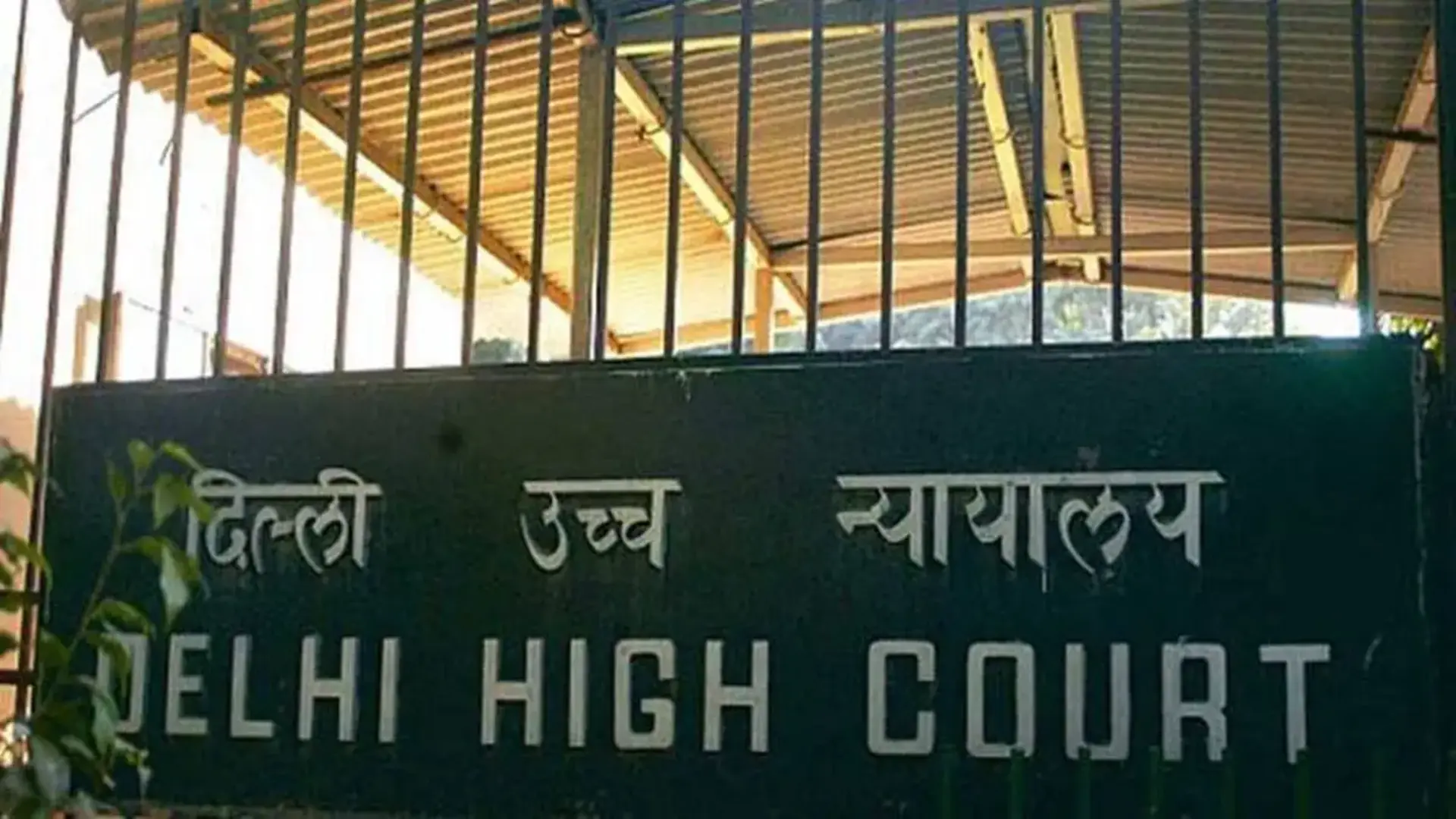A public interest litigation (PIL) has been filed in the Delhi High Court challenging Rule 13(1)(a) of the Assisted Reproductive Technology (ART) Rules. The rule mandates that ART clinics preserve unused gametes (eggs or sperm) or embryos exclusively for the same recipient, prohibiting their use by any other couple or individual, thereby ruling out embryo adoption.
The petitioner, Dr. Aniruddha Narayan Malpani, a prominent reproductive healthcare professional, has called for this regulation to be modified or struck down, arguing that it is outdated and fails to reflect advancements in reproductive technology or the evolving needs of society. Represented by Advocates Mohini Priya and Ivan, Dr. Malpani points out that the rule disregards situations where the original recipient no longer requires the preserved reproductive material—due to successful conception or personal or medical changes—and unnecessarily limits its potential use by others.
The petition challenges the rule as arbitrary, infringing on the reproductive autonomy of individuals and couples who may wish to donate unused gametes or embryos to others in need. The plea argues that the restriction undermines reproductive rights, which are tied to broader rights of privacy, autonomy, and personal medical decision-making.
Dr. Malpani’s petition highlights that many countries, including the United States and parts of Europe, have embraced embryo adoption as a viable and ethical option to support childless couples. With infertility rates rising in India due to urbanization and lifestyle changes, the petitioner argues there is an urgent need for legal reforms that enable the full potential of ART. The current rule, he claims, limits this potential and hinders many couples from achieving their reproductive goals.
The plea also touches on ethical concerns, arguing that human embryos, which possess the potential for life, deserve respect and should be given a chance at life through embryo adoption, rather than being destroyed. The petitioner emphasizes that destroying an embryo without offering it the opportunity to develop is tantamount to ending a distinct human life.
Also read: Tirupati Laddu Scandal: Jagan Accuses Naidu Of Defaming Tirumala Tirupati Devasthanams
The case brings to the forefront important discussions about reproductive rights, the ethical treatment of embryos, and the need for modernized legal frameworks in the realm of assisted reproduction in India.










